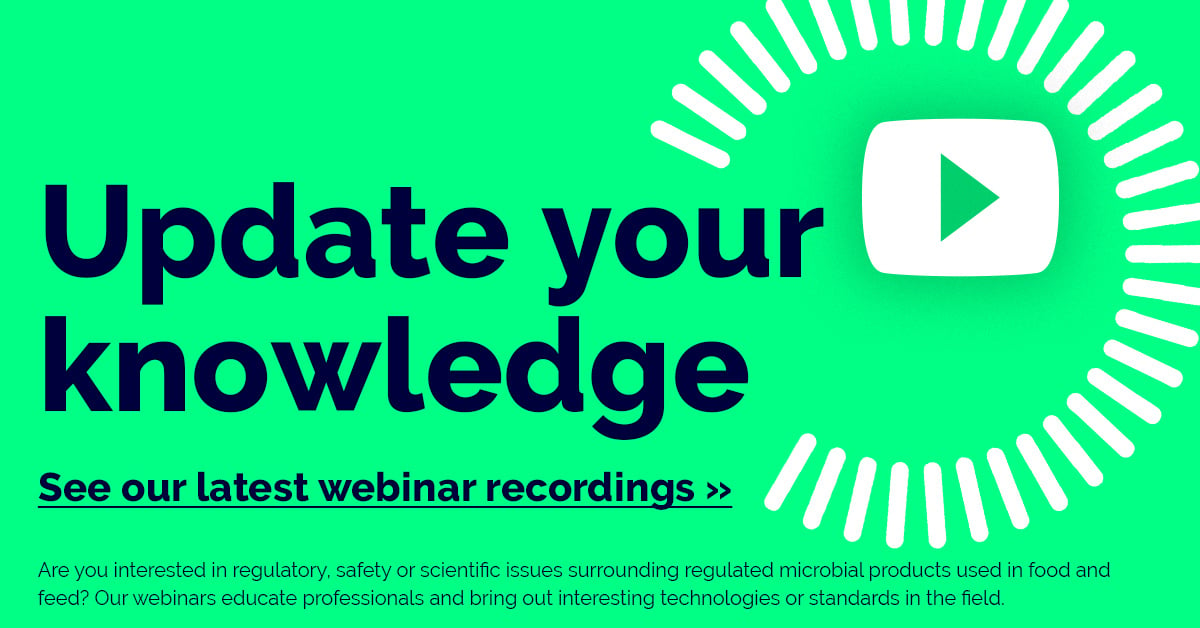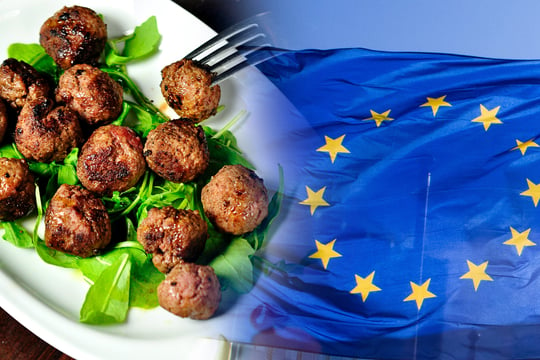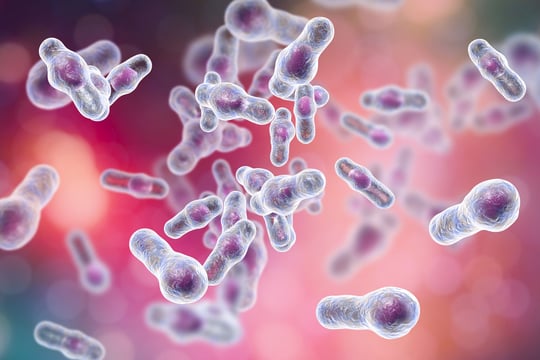
The European Food Safety Authority (EFSA) has been at the forefront of ensuring the food safety chain is transparent and trustworthy. With the Transparency Regulation (EU) 2019/1381 applied since 27th March 2021, there have been significant shifts in the risk assessment process of the food chain. The main intention has been to render the procedure transparent and to pave the way for a reliable and objective evaluation of the safety of new products.
Background: the new EFSA regulatory framework
Before the aforementioned regulation took effect, EFSA launched the "Questions and answers on the EFSA Practical arrangements" document. This was primarily to assist applicants in interpreting and implementing the regulation in practice. It focused on amending Article 32b of the General Food Law about notifying studies supporting applications assessed by EFSA. A study was defined as "an experiment or set of experiments in which a test item is examined under laboratory conditions or in the environment to obtain data with respect to the properties and/or the safety of that test item, which is relevant for submission to appropriate regulatory authorities". In simple terms, if you were to initiate any laboratory studies post-27 March 2021, you had to notify EFSA before even beginning the analysis in a lab or testing facility.
Latest updates to Questions and answers on the EFSA Practical arrangements
After two years of observing the implementation of this notification obligation, the EFSA document received an update on 28th August 2023. This latest iteration contains key changes that became effective upon its publication. For those looking to get a swift overview, the last page provides a comprehensive summary. Additionally, the main text highlights the most pivotal changes in grey.
Deciphering the updates into notification needs
According to our interpretation, moving forward, only studies pertaining directly to safety, efficacy, and stability require notification. This indicates that most analyses concerning identity, composition, impurities, or physico-chemical properties of the food/feed product are exempt from prior notification. However, there's a grey area. Some analyses might straddle the line, and in such instances, it's advisable to notify them to avoid possible penalties from missing notifications.
Table of EFSA notification requirements for common studies related to microbial or fermentation products
To provide clarity, here's a concise table interpreting the notification requirements for common analyses associated with microbial or fermentation products:
|
Study |
Notification Required? |
|
Whole genome sequencing & its bioinformatic analysis |
No |
|
Absence of viable cells of the production strain |
Yes |
|
Antimicrobial susceptibility |
Yes |
|
SDS-PAGE (batch-to-batch variation) |
No |
|
Presence of DNA from the production strain |
Yes |
|
Heavy metals |
No |
|
Efficacy in target species |
Yes |
|
Proximate analyses |
No |
|
Genotoxicity (in vitro) |
Yes |
|
Stability in food or feed matrix |
Yes |
|
Dusting potential |
No |
|
Allergenicity (bioinformatics) |
No |
|
Allergenicity (skin sensitisation) |
Yes |
|
Method validation study |
No |
For those considering studies initially executed for research purposes, they can be notified post completion and then submitted alongside an application. However, remember that this isn't applicable for studies in line with GLP or OECD test guidelines. This means practically all safety studies.
For studies conducted outside the EU
Regarding studies backing applications in varying market regions, like the US, the latest document clarifies that post-completion notifications are permissible. This is contingent on providing documented justification indicating that the study was first submitted to another regulatory agency.
Biosafe's take on the latest EFSA amendments
We at Biosafe welcome this refreshing update, believing it to be a positive step from EFSA in refining the notification processes, learning from practical implementations, and accommodating applicants' feedback. As all stakeholders continue to gather more experience, we remain hopeful that the journey will only become smoother and more intuitive.
For a detailed reading, you can access the full EFSA document here.
For more information:
 Anne Ukkonen +358 40 5813 160 anne.ukkonen@biosafe.fi |

Biosafe is your guide to successful food & feed product approval by providing extensive know-how in food safety assessment, research, and legislation. By helping new and more sustainable food solutions reach their market smoothly, we enable a safer future of food together with our customers.





/Lopputuote/microbial-products-biosafe-2-1920x1280.jpg?width=540&name=microbial-products-biosafe-2-1920x1280.jpg)



/Lopputuote/microbial-products-cell-cultivated-meat-2-biosafe-1920x1280.jpg?width=540&name=microbial-products-cell-cultivated-meat-2-biosafe-1920x1280.jpg)

